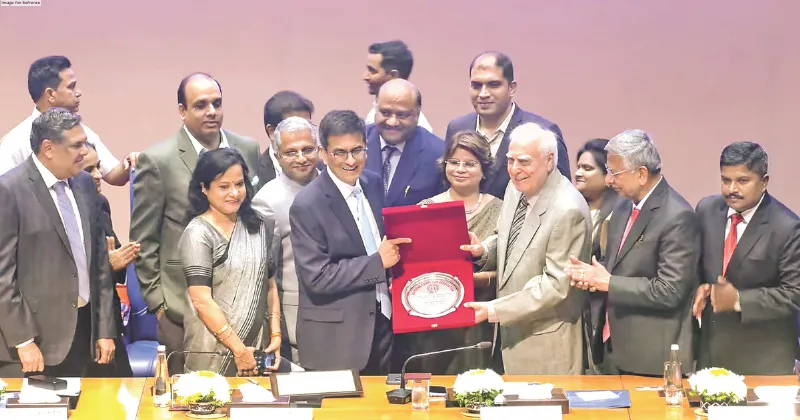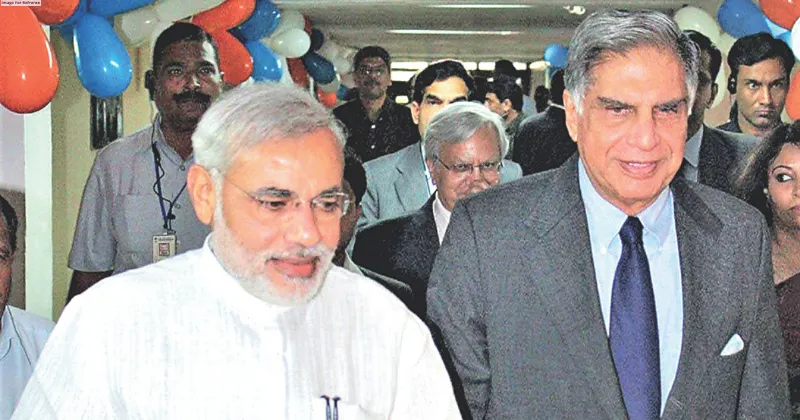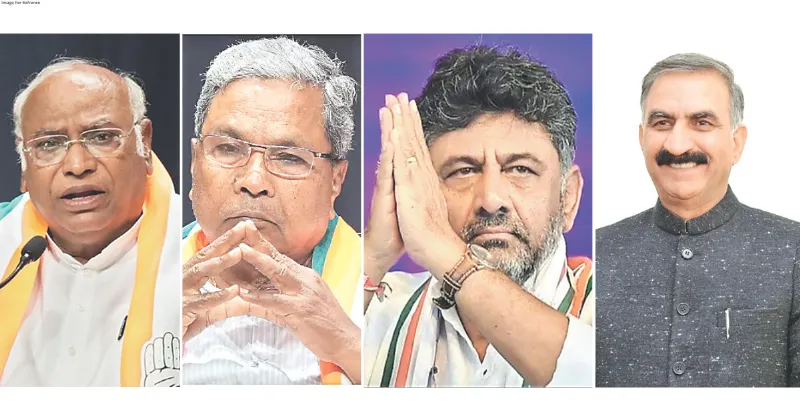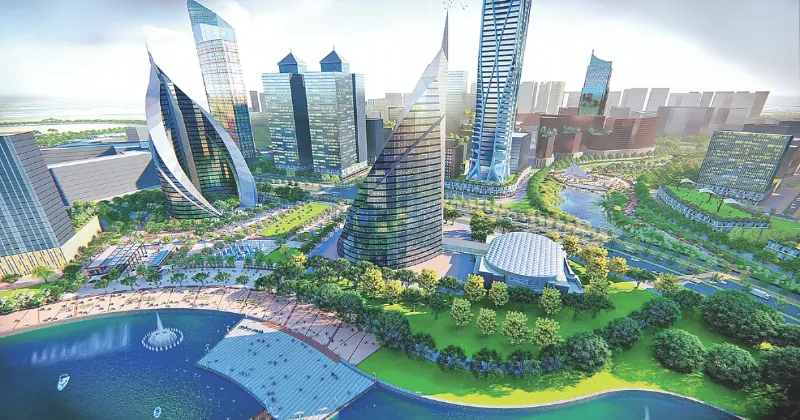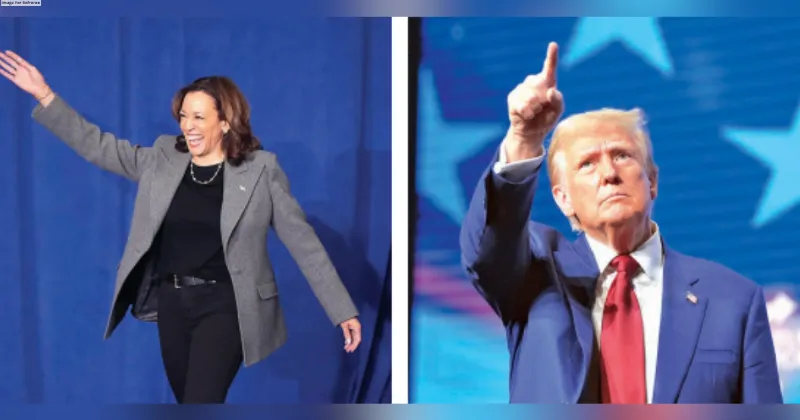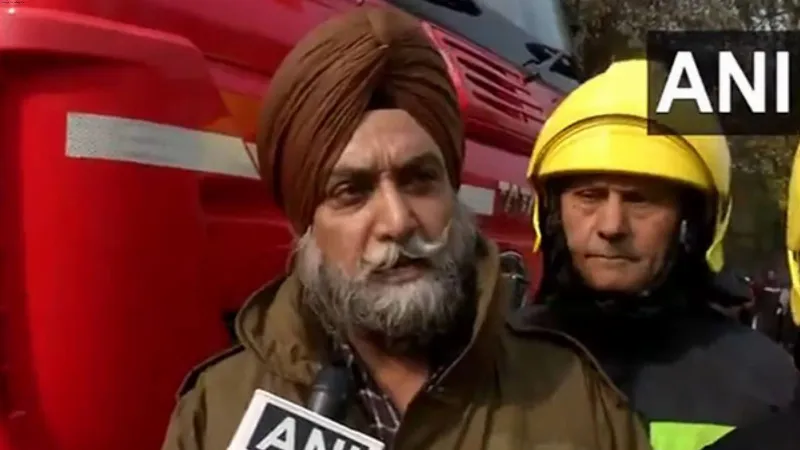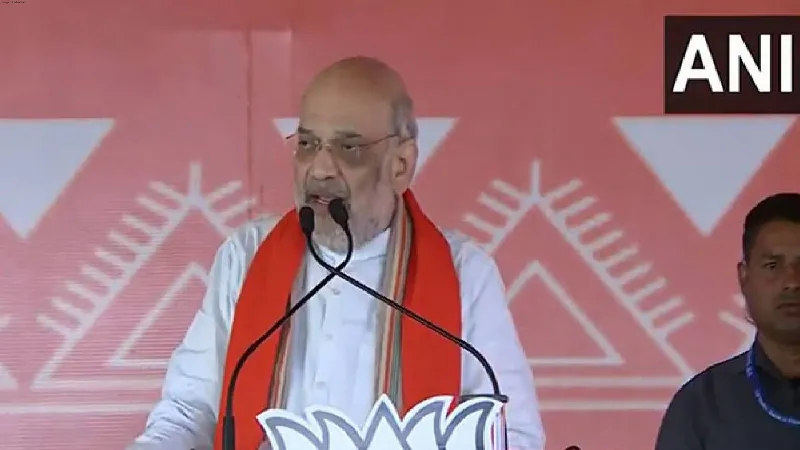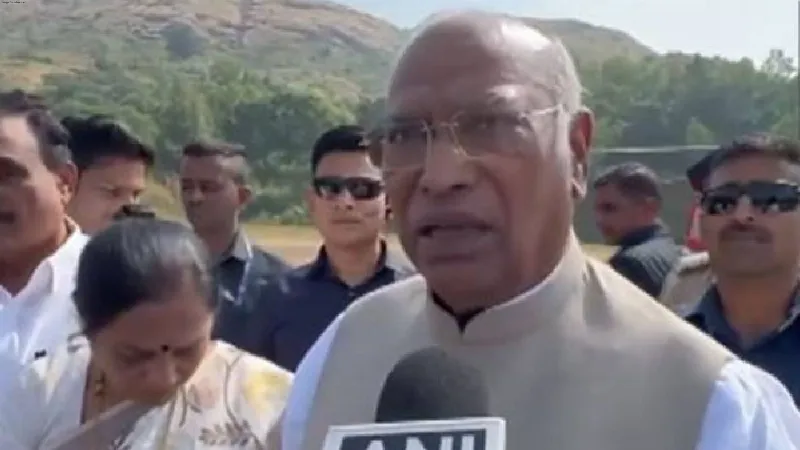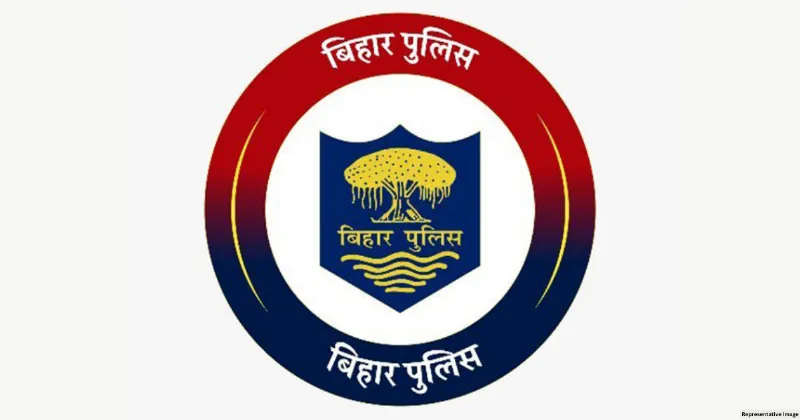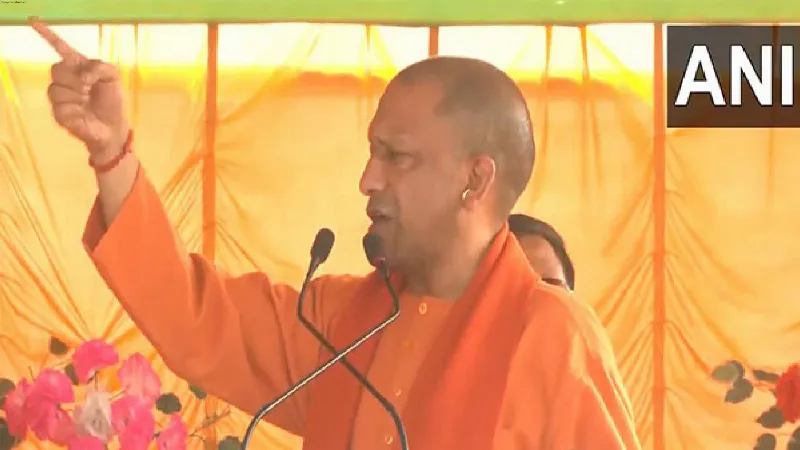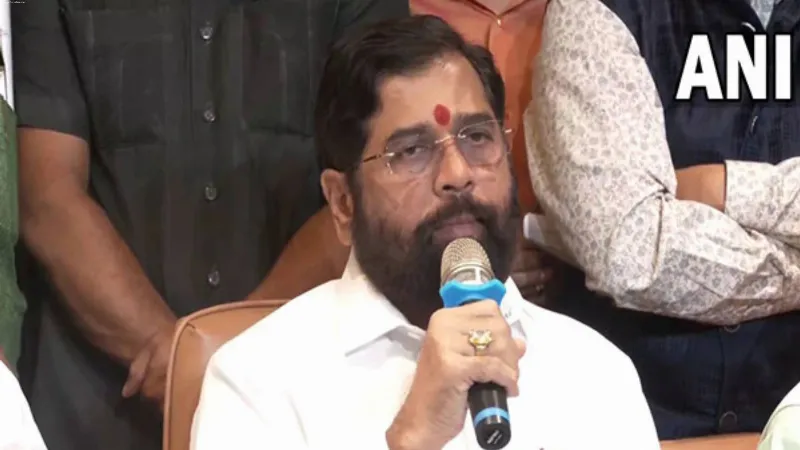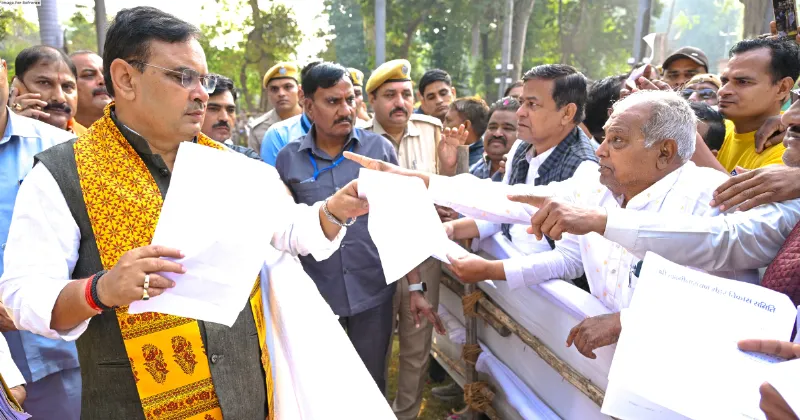Latest News
CHINA IS EMERGING AS THE NEOCOLONIZER OF THE 21ST CENTURY

Parvane ko nahi pata ki jis shamaa se who lipat raha hai, wahi usko jalaa kar raakh kar degi.” Have you heard of this famous Bollywood line about fatal attraction of the moth to a flame? Similar is the case of developing or poor countries that are attracted by soft loans from PRC with the hope of developing their country’s infrastructure and to provide better life to their citizens. Unfortunately, they are not aware of this fatal attraction and the debt trap, they are unknowingly getting into. It’s often too late before they realize their mistake. More and more countries are facing financial crisis after being trapped by the Dragon. China is the only country in the world having expansionist policy to control other countries. However, their intention to dominate other countries by luring them in debt has come to the fore only in the present Xi Ping regime. China’s growing global footprints and aggression is shaping the world forum and now, Chinese power redefines geopolitics and geo-economics of the globe.
RISE OF CHINA AS ECONOMIC POWER In the 21st Century, China is playing a pivotal role in the world economy and contributes nearly 20% to global GDP, being just second highest after USA. Beijing is also the world’s largest non-commercial lender, more than the International Monetary Fund and the World Bank. China’s share of bilateral debt has risen from 45% to 63% last year. Along with this, 65 % of all the loans distributed under bilateral relations in the world have been distributed by China alone.
DEBT-TRAP ‘Debt-trap diplomacy’ is a term which describes a creditor country or institution extending debt to a borrowing nation partially, or solely to increase the lender’s political leverage. The creditor country is said to extend excessive credit to a debtor country with the intention of extracting economic or political concessions when the debtor country becomes unable to meet its repayment obligations. Presently, 42 countries have public debt exposure to China in excess of 10% of GDP. Poor nations like the Republic of Djibouti, Laos, Zambia, Nigeria and Kyrgyzstan have Chinese debts amounting to 20% of their GDP. China is using its economic heft by providing huge and easy loans to developing and underdeveloped countries for infrastructure. Chinese indirectly get access to the country’s natural resources through the market. This leads to the economy of the country being crippled. Eyeing the opportunity, China demands acquisition of a strategic asset of the country to write off the debt in part. China has taken control of the strategic port City of Hambantota in Sri Lanka, Gwadar port of Pakistan, Lekki Deep Sea port in Nigeria, Port of Sudan, Mombasa Port in Kenya, Entebbe airport of Uganda and many more. Subsequently, China indirectly enters the politics of that country and then dominates its sovereignty.
THE FUTURE TRAPPINGS The Dragon debt trap may enhance further in the future to trap countries like Nepal, Afghanistan and Maldives in South Asia. All these countries are in heavy Chinese debt. India’s real concern is growing Chinese presence and economic instability in the SAARC nations. Post Ukraine conflict, Russia having been isolated from the world trade by Western sanctions, may look increasingly towards China to help them out. Economically weak Russia, crippled by sanctions will slowly be sucked into same debt trap as developing countries, albeit from a different route. Moscow, which is more beholden to Beijing, would be drifting away from India, in case, Sino-Indian conflict becomes unavoidable.
IMPLICATIONS FOR INDIA The reality is that majority of smaller nations are increasingly getting lured by Chinese loans for infrastructure development. Faced with no other viable alternative, they are getting trapped into the Dragon’s debt trap. Pakistan, Sri Lanka and the Maldives in its neighbourhood, almost falling into the ‘Dragon Debt Trap’ is not a good sign for India. It’s time for us to act fast and protect our strategic backyard from China’s misadventures. The current narrative by the Indian Prime Minister Narendra Modi of self-sustainability (Atmanirbhar Bharat) is the right approach for any country, who wants to safeguard its sovereignty, in future.
THE VIEWS EXPRESSED BY THE AUTHOR ARE PERSONAL




